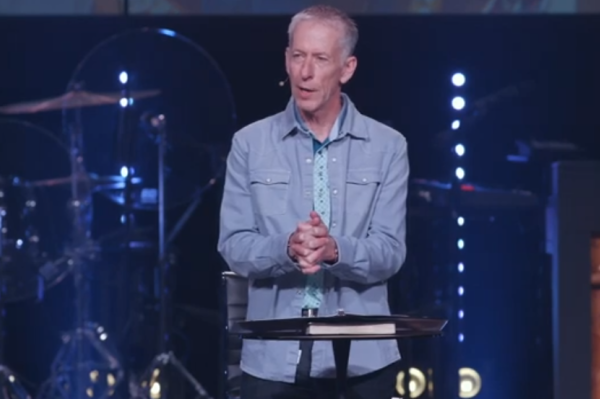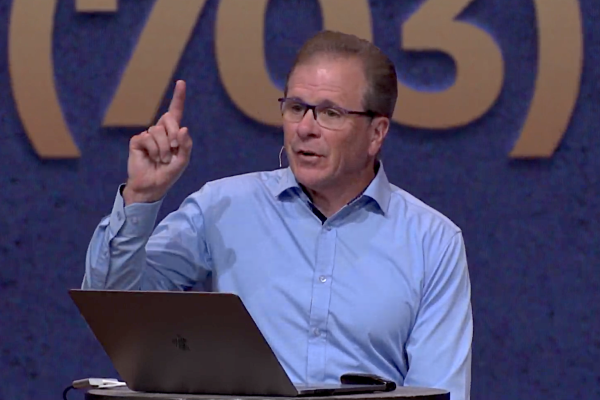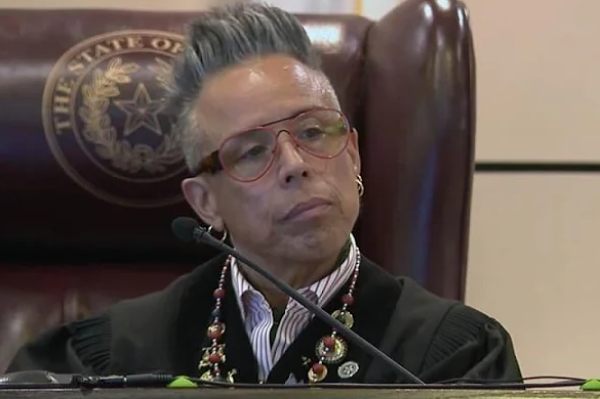How Should Christians Respond to Terrorism? (Part 2)

In Part I of this essay I set the theological, political, and sociological context for discussing a possible Christian response to the terrorism and extremism of the day. In Part II I want to look at both our personal and church responses to the terrorism and extremism of the day.
While it is easy to get frustrated and angry, our call as believers is to be salt and light in a tasteless and dark world (Mt. 5:13-16). We are called to live with faith, hope and love (1 Cor. 13:13).
For far too long we have assumed that our culture would always lean toward a Judeo-Christian worldview. This assumption is proving to be wrong.
We let down our guard and stopped being spiritually vigilant. Cultural Christianity, the kind of Christianity that is bland, not well-defined and non-convictional, is dying, and rightly so. This is good.
What must replace the generic Christianity of recent decades is a robust, well-articulated, and convictional gospel that is both authoritative and authentic, truthful and loving, confrontational and gracious, a belief in the gospel of Jesus Christ that is deeply grounded in the authority and sufficiency of God's Word.
We are angry at the demise civil society. However, anger, both short-term and long-term, especially if it is not righteous anger over sin, does not accomplish the righteousness of God (James 1:20). Anger, in the long run, only breeds more anger. We are called to practice enemy love (Mt. 5:38-48), refusing to take vengeance into our own hands (Romans 12:9-21); that is the job of the government (more on this later).
While Scripture allows for us to personally defend ourselves, our families, and our homes (see Psalm 82:4; Proverbs 24:11; Ezekiel 33:6), we are forbidden to be the aggressor or to take justice into our own hands. We are to be law-abiding citizens even in a culture that is often godless and lawless. We are not anarchists or antinomians. While we have every right to petition our government for any redress of grievances we may have, we are called to do so in a respectful, diligent, and lawful manner.
We have a higher calling serving a higher law (God's law), even if we live in a godless and lawless land. We do not do right because the law of the land tells us to do so; as Christians we are called to do what is right and godly because the law of God has already laid claim on us. Even if our culture changes every law into an unrighteous one, this should not alter the necessity of the Christian to do the right and righteous thing.
For example, even though the Supreme Court legalized same-sex marriage, this doesn't change or alter the Christian's belief system because we already know the definition of marriage as articulated in God's Word. We are, in the end, subservient to a higher law than the law of the land, the truth of God's Word.
Where the commitments of the state and the Word of God coalesce, we rejoice. And when they do not we seek to alter those processes by every lawful means possible. And if such a time were to arise where we would be asked to violate the Word of God, which is not very often, we may find it necessary to disobey the law of the land with the full knowledge that we may have to pay the price for disobeying a law that we believe is unjust and unbiblical. I predict that it will not be uncommon for some Christians in America to do jail time for peacefully, yet convictionally following the dictates of their conscience that is held captive to the Word of God.
We are to pray for our leaders (1 Timothy 2:17). We are to submit to our leaders (Titus 3:1-11), unless what we are asked to do is in direct violation of God's Word (Acts 5:17-42), and even then we must be prepared to pay the price for violating what we believe to be an unjust, unbiblical law (i.e. Kim Davis). We cannot break the law simply because we don't like a law. This would lead to lawlessness and anarchy. Christians believe in the "rule of law."
For example, I should not break speed laws simply because I think it ought to be 70 mph rather than 60 mph. However, if the gospel of Jesus Christ were to be outlawed and if I were to preach the gospel of Jesus Christ in direct violation of that law I should be fully prepared to pay for violating what I believe to be an unjust law.
Fortunately, we live in a country where we can change laws through a variety of Constitutional means. Many believers in other parts of the world do not have this privilege. How sad it is that too many Christians do not avail themselves of the freedoms God has given to us in America.





















